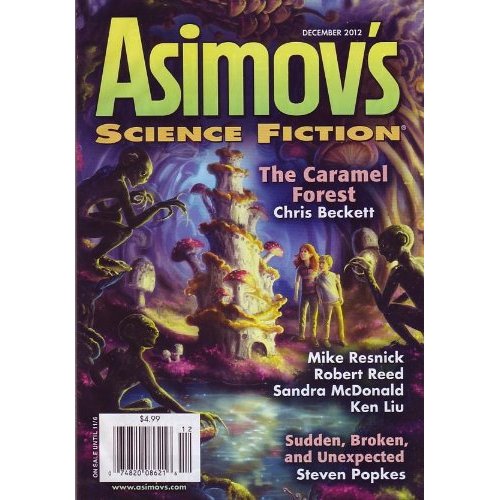One of my best stories.
The character Jessica Ferne previously appeared in the story ‘The Turing Test’ which I included as the third of these ‘isolation stories’.
The artist, Julian Smart, also appears as the major character in another story of mine, ‘Creation’, which is in my collection, Spring Tide.
I like stories that link together. Tammy also appeared in two other stories. One was called ‘Tammy Pendant’ – I incorporated it into my novel Marcher. It caused a minor controversy when it was published in Asimov’s SF in 2004, and contributed to the magazine being withdrawn from school libraries in one of the Midwestern states, I forget which. The other story with Tammy in it was called ‘Poppyfields’ and is included in my Peacock Cloak collection.
‘We Could Be Sisters’ also first appeared in Asimov’s in 2004, and is included in my first short story collection, The Turing Test.
Continue reading “Isolation story: (13) We Could Be Sisters”
